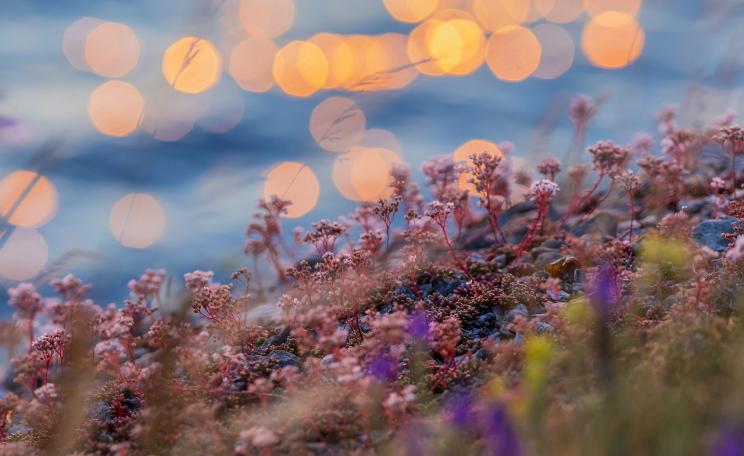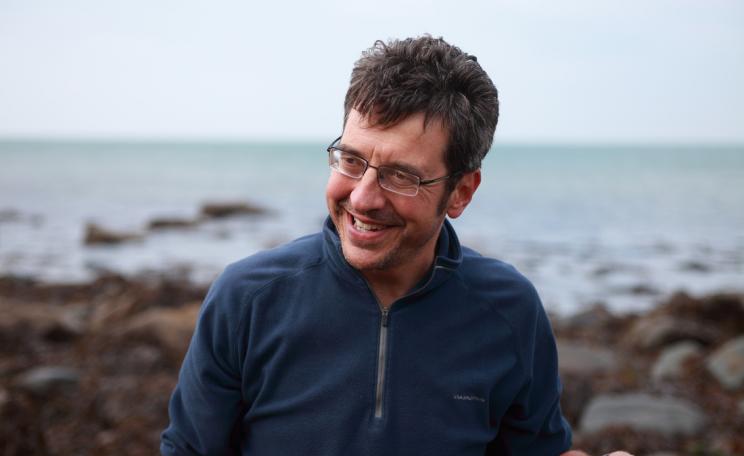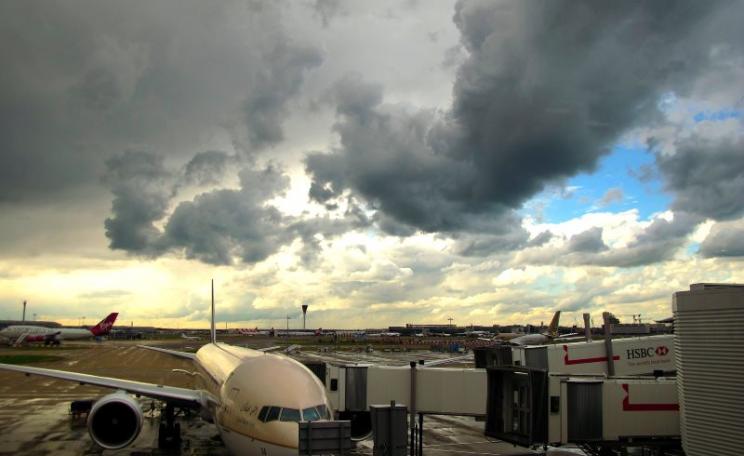There has never been a more important time to explore and embrace holistic strategies that could benefit both society and nature.
Researchers from the Department of Landscape Architecture at the University of Sheffield have been exploring the concept of prescribing exposure to nature as a way of improving our health and wellbeing.
The researchers have also been investigating the effects of Covid-19 on people’s relationship with nature, use of green spaces and associated health benefits.
They think that nature-based prescriptions may play an important role in a short and long-term Covid-19 recovery strategy.
Connections
It’s now widely accepted that spending time in nature can improve our mental and physical health. For example, the Japanese practice of Shinrin-yoku also known as ‘forest bathing’ has been shown to boost immunity and reduce high blood pressure.
Gardening provides physical health benefits but is not only a form of exercise as it has been shown to provide relief from acute stress and improve symptoms of depression. Furthermore, simply spending time in nature can enhance psychological restoration (the ability to recover from stress) and contribute to healthy child development.
Moreover, there is the notion that humans hold an innate affinity to seek connections with nature (for example, the Biophilia hypothesis) which may explain some of these benefits.
There has never been a more important time to explore and embrace holistic strategies that could benefit both society and nature.
PhD researcher Jake Robinson said: “There is also evidence to suggest that the environmental microbiome—the diverse consortium of microorganisms in a given environment—can have a positive effect on the immune system, essentially by educating our innate and adaptive immunity, and reinforcing the beneficial microbial communities on our skin and in our gut.
"A diverse microbiome could play an important role in how our immune systems respond to infectious diseases such as Covid-19 and their secondary effects. Furthermore, microbes from the environment could potentially also improve mental health through the production of anti-inflammatory compounds such as butyrate–a short chain fatty acid that supports human health.”
Health
Jake goes on to say that “our green and blue spaces can also provide important places for reflection, cultivating feelings of awe, inspiration and freedom, and can promote group-based activities, which in turn can help to improve social cohesion and mental health. Maintaining and enhancing mental and physical health should be a primary consideration in any Covid-19 recovery strategy.”
So there are many ways in which spending time in nature can improve our health and wellbeing, but can we take this knowledge and feed it into public health systems to inform and enhance Covid-19 recovery strategies and ensure we’re resilient in the face of potential future pandemics?
The Sheffield researchers including Jake, Professor Anna Jorgensen, Dr Ross Cameron and Dr Paul Brindley think so. They have been researching the use of ‘green prescriptions’ or nature-based health interventions (where GPs and social care professionals provide a prescription for activities in nature–such as biodiversity conservation volunteering and therapeutic horticulture).
In their recent study–the first UK wide mapping of green prescribing, published in the International Journal of Environmental Research and Public Health, the researchers found that green space presence correlated with higher levels of green prescribing provision, and that areas with higher deprivation may have fewer opportunities for these kinds of health-promoting activities.
Recovery
Jake said: “We need a better way of linking green prescribing services into the primary healthcare system, particularly in areas with high deprivation––and to find ways of establishing collaborative networks of GPs and nature-based organisations to capitalise on the benefits.
Preliminary findings from our research into Covid-19 and green space use shows us that nature has played an essential role in people’s coping strategy during this pandemic. It is the more deprived areas that have fewer opportunities for nature-based activities and reports suggest that these deprived areas also bear the brunt of Covid-19 with a much higher proportion of deaths compared to more affluent areas.
"Therefore, any Covid-19 recovery strategy really should include additional funding and collaborative support to enhance nature-based activities and high quality, biodiverse green spaces, particularly in areas with high deprivation.
"The health of humans and that of the environment are inextricably linked, and the Covid-19 pandemic is likely a manifestation of a breakdown in this human-nature relationship. Moving forward, we would likely benefit from a conscious shift towards greater reciprocity in this relationship, and holistic interventions like green prescribing could play a key role in this.”
Holistic strategies
The good news is that many GPs, community social groups, and nature-based organisations are very much on board with this approach.
For example, a group of environmentally-orientated GPs from the Sheffield area (called Greener Practice) are working with the researchers to integrate green prescribing into standard healthcare practice. They recognise the importance of producing a UK wide directory to help connect all of the stakeholders involved with green prescribing––including the prescribers, the service providers, and the patients.
The Sheffield-based GPs have even supported a recent green prescribing research project by offering to host ‘pocket gardens’ in the premises of the GP surgeries. The aim of these gardens is to provide patients who have mental health issues with a place to connect to nature whilst providing a social setting to help reduce isolation.
Jake said: “In light of the Covid-19 pandemic, there has never been a more important time to explore and embrace these holistic strategies that could benefit both society and nature.
"It’s a win-win situation–boosting our green and blue spaces and our green prescribing infrastructure could enhance our health, our economy, and the biodiversity which we depend upon for survival”.
This Article
To find out more about the Let Nature Be Thy Medicine study or the active Covid-19/green space study, contact Jake.







